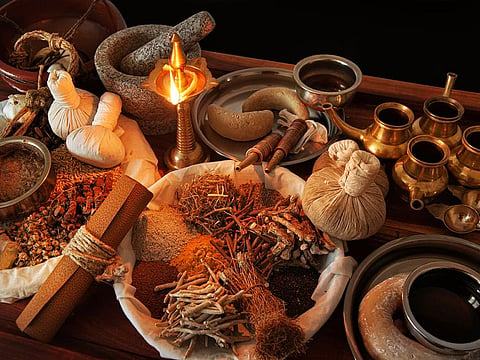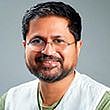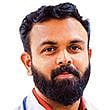Integrative treatments align to patient needs
Practitioners on how patients are introduced to ancient forms of alternative therapies

A sense of apprehension is warranted among patients looking to be initiated into alternative therapies, considering many of these treatment options date back thousands of years. Aware of the fact, practitioners in the UAE are keen to raise awareness levels and put these fears to rest.
Comprehensive case study
Dr Hafeel Ambalath, CEO & Co-founder, The Healers’ Clinic, says, “Initiating a consultation in Ayurveda or Homeopathy begins with meticulous observation and comprehensive case-taking. In Homeopathy, the consultation starts the moment the person enters the consultation room. The doctor observes minute details including body language, mannerisms, and subtle characteristics. The person, along with any accompanying family members, provides detailed descriptions of the concerns and subjective feelings.”

This detailed case-taking process covers all aspects of the patient’s health, he adds including systems of the body, personal traits, sleep and dream patterns, bowel habits, diet, personal history, socio-economic background, and occupational and family history. The patient’s mental and emotional characteristics are also considered to understand their constitutional make-up and dominant miasm.
“Similarly, in holistic schools of medicine like Ayurveda and traditional Chinese medicine, understanding the patient involves thorough case-taking, sometimes supplemented with additional diagnostic tools like pulse diagnosis. At The Healers’ Clinic, we ensure a comprehensive case-taking process involving the above elements. This thorough approach allows our team of doctors from various disciplines, including Ayurveda, Naturopathy, Homeopathy, and General Medicine to gather relevant information. The team then engages in a detailed case analysis to finalise an integrative treatment regime tailored to the patient’s needs.”
Detailed overview
Dr Asha Jones, Ayurveda Practitioner & Colon Hydro therapist, Dubai Herbal and Treatment Center (DHTC), shares a detailed overview on Ayurvedic initiation and treatment for patients at the centre. “An Ayurvedic consultation is a holistic assessment that aims to understand an individual’s constitution (prakriti) and current imbalances (vikriti) to recommend personalised lifestyle, dietary changes and sometimes herbal remedies. Prakriti evaluation or assessing the individual’s natural constitution, which is determined by one’s inherent balance of doshas (vata, pitta, kapha) is usually done through questioning and observation.

Next is identifying present imbalances or ailments (vikriti) through detailed questioning about one’s symptoms, lifestyle habits, diet and sleep patterns, and one’s emotional state.”
Dr Jones also implements traditional diagnostic approaches to understand and identify imbalances, such as pulse diagnosis (nadi pariksha), used to assess the pulse characteristics, including rate, rhythm, and strength, and gain insight into the balance or imbalance of doshas.
Dr Jones also considers modern diagnostic approaches like blood works, and radiology reports and asks about daily routine, exercise patterns, stress levels, emotional tendencies, and any chronic conditions so that a whole integrated profile with all gathered information can be made, which is then used to determine the individual’s current vikriti and assess how it deviates from their prakriti,” she says. Following this, various traditional herbal formulations and treatments are prescribed to help restore balance and healing.
Recommendations about diet and lifestyle are also advised. “After consultation, I also make sure patients are educated about Ayurvedic principles such as the dosha theory, so that they can actively participate in their healing process through self-awareness and lifestyle changes.”

Dr Sreenath S., Consultant Physician, Ayurmana Ayurveda & Panchakarma Center, also draws attention to a critical facet of Ayurvedic treatments. “At the heart of Ayurvedic practice are panchakarma treatments, comprising five purificatory therapies designed to address the root causes of diseases,” says Dr Sreenath. “These treatments form the cornerstone of restoring balance and promoting health, according to Ayurvedic principles.”



